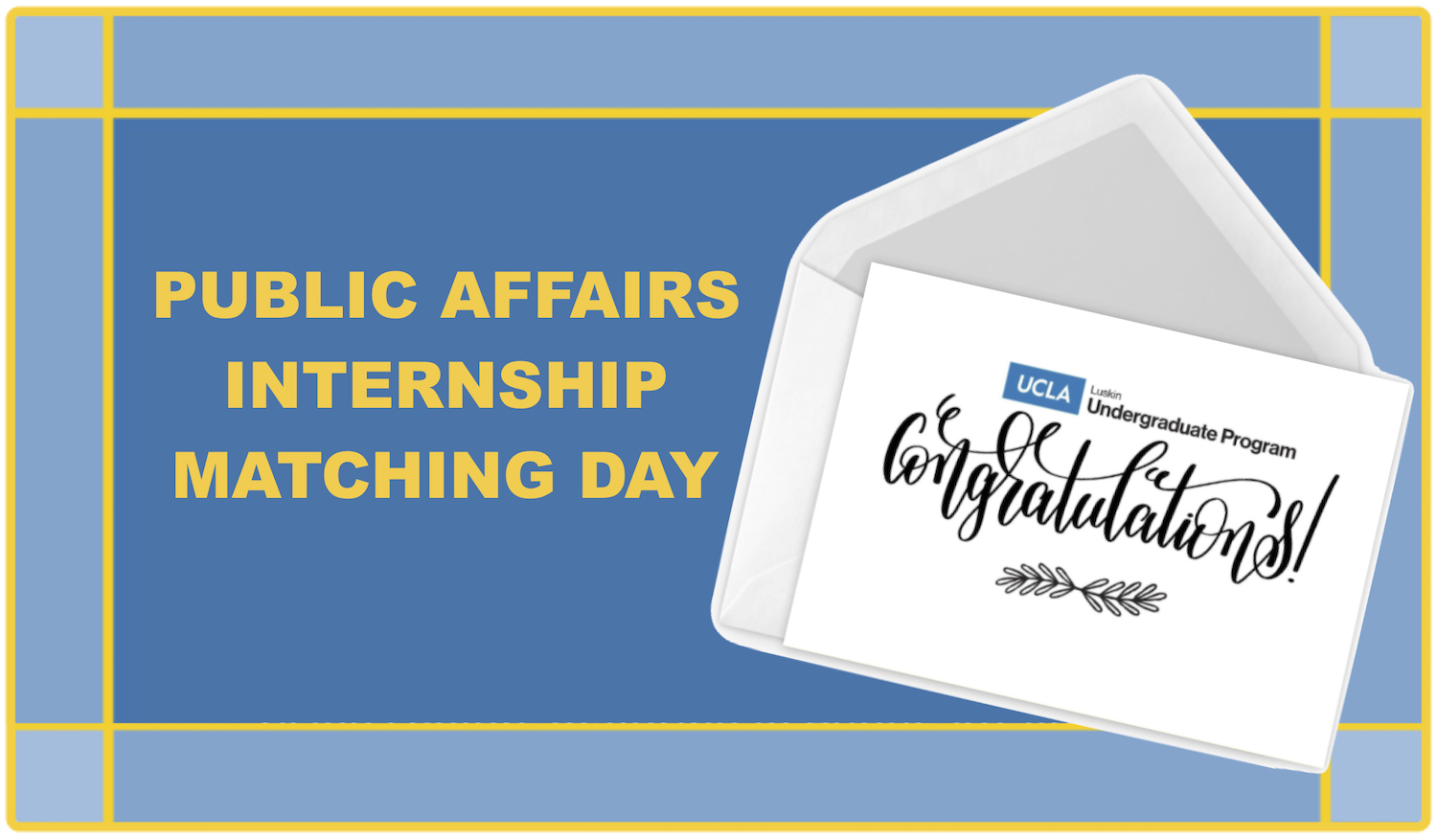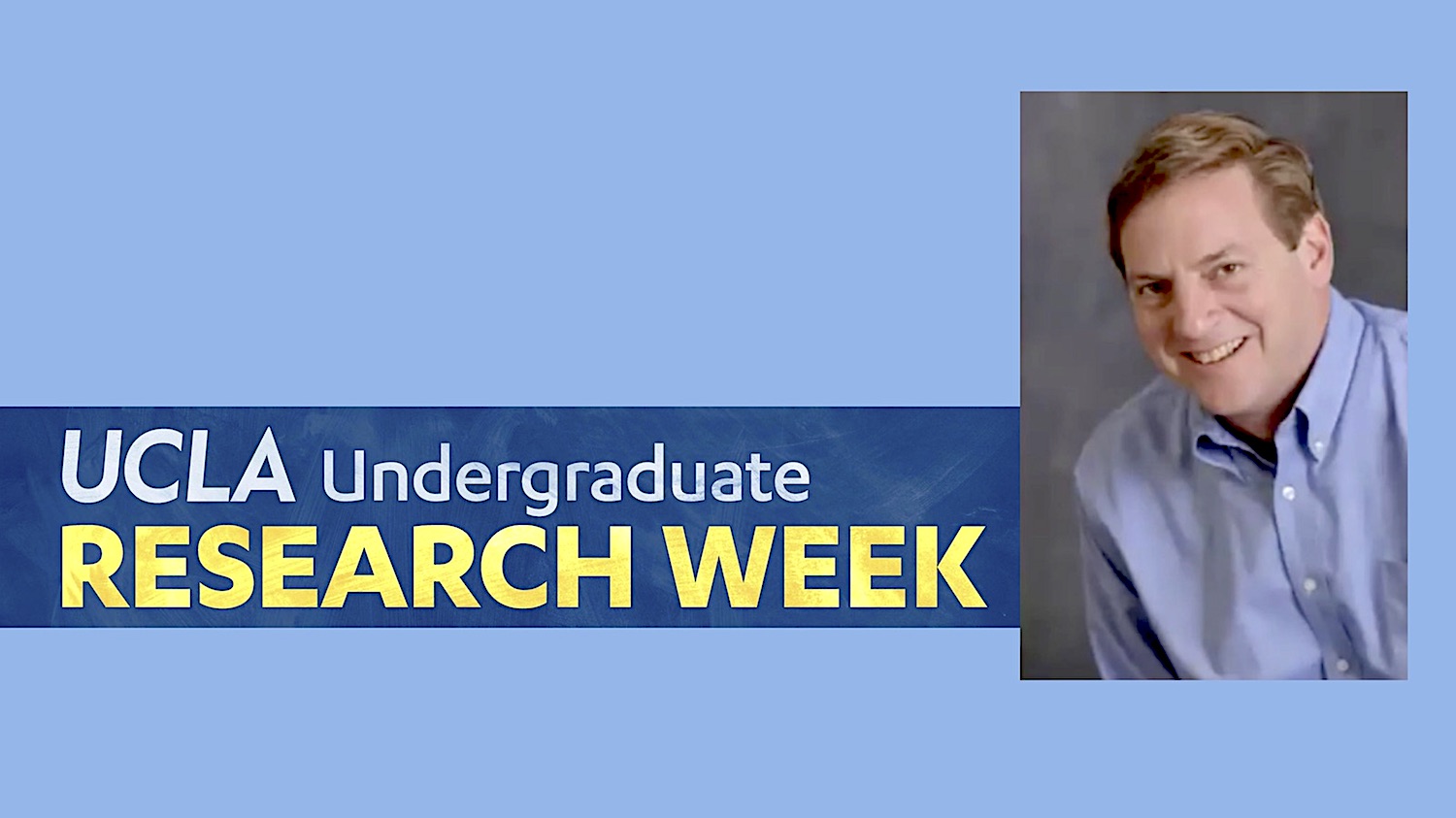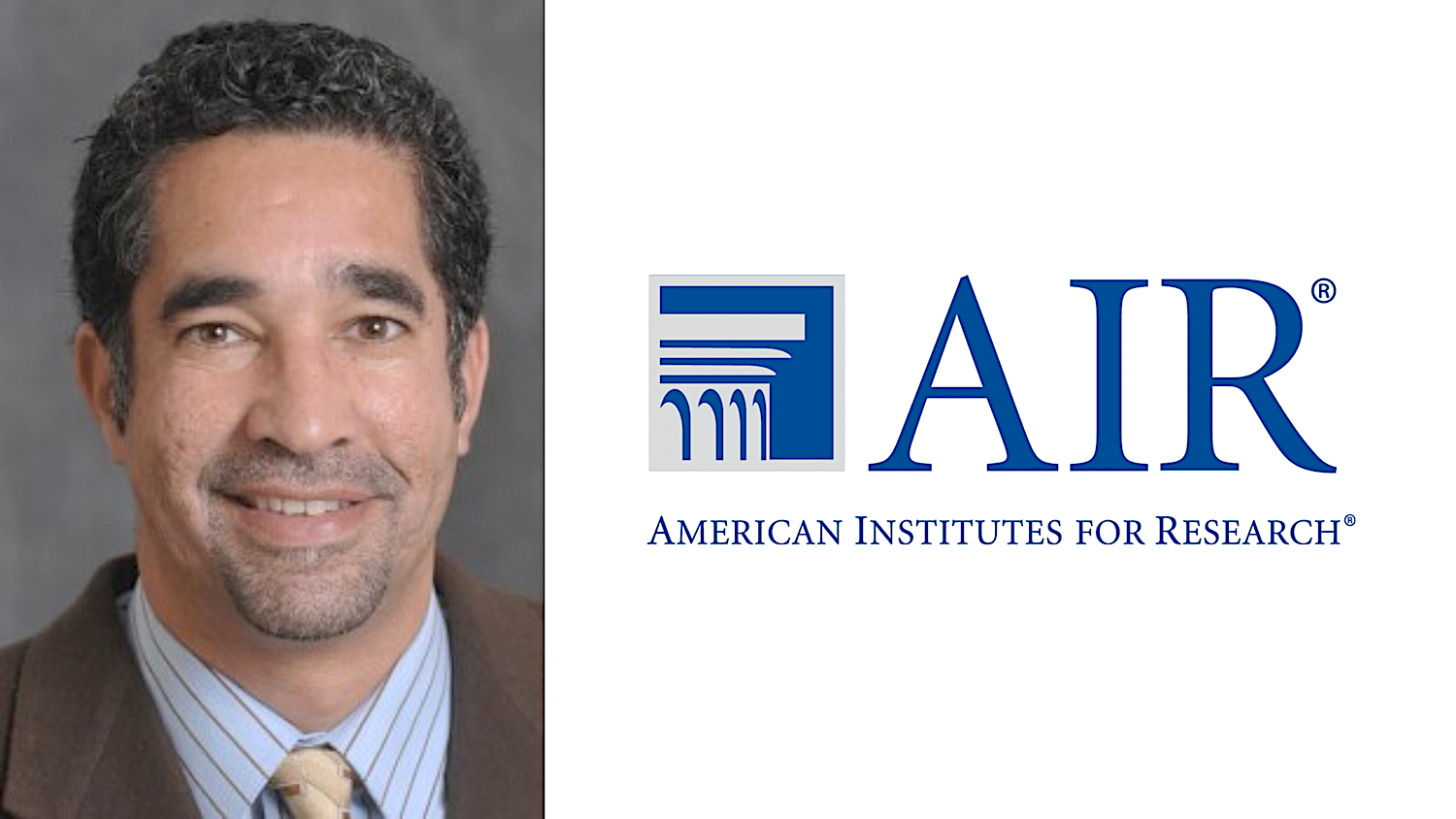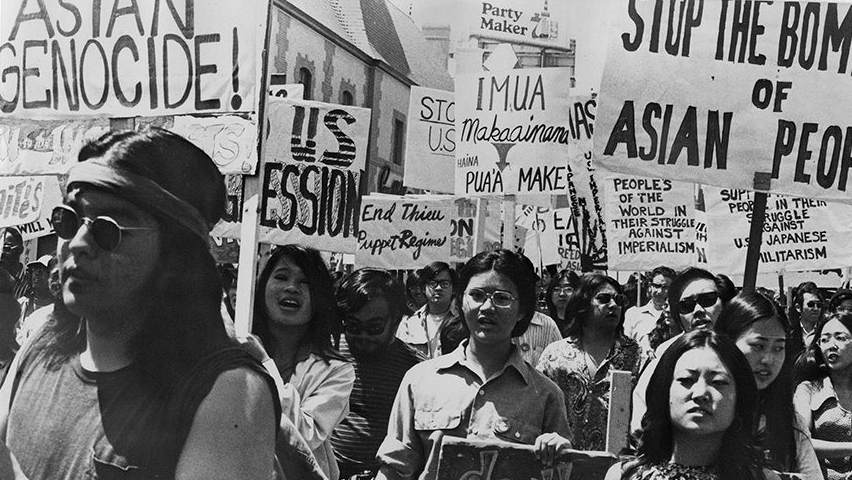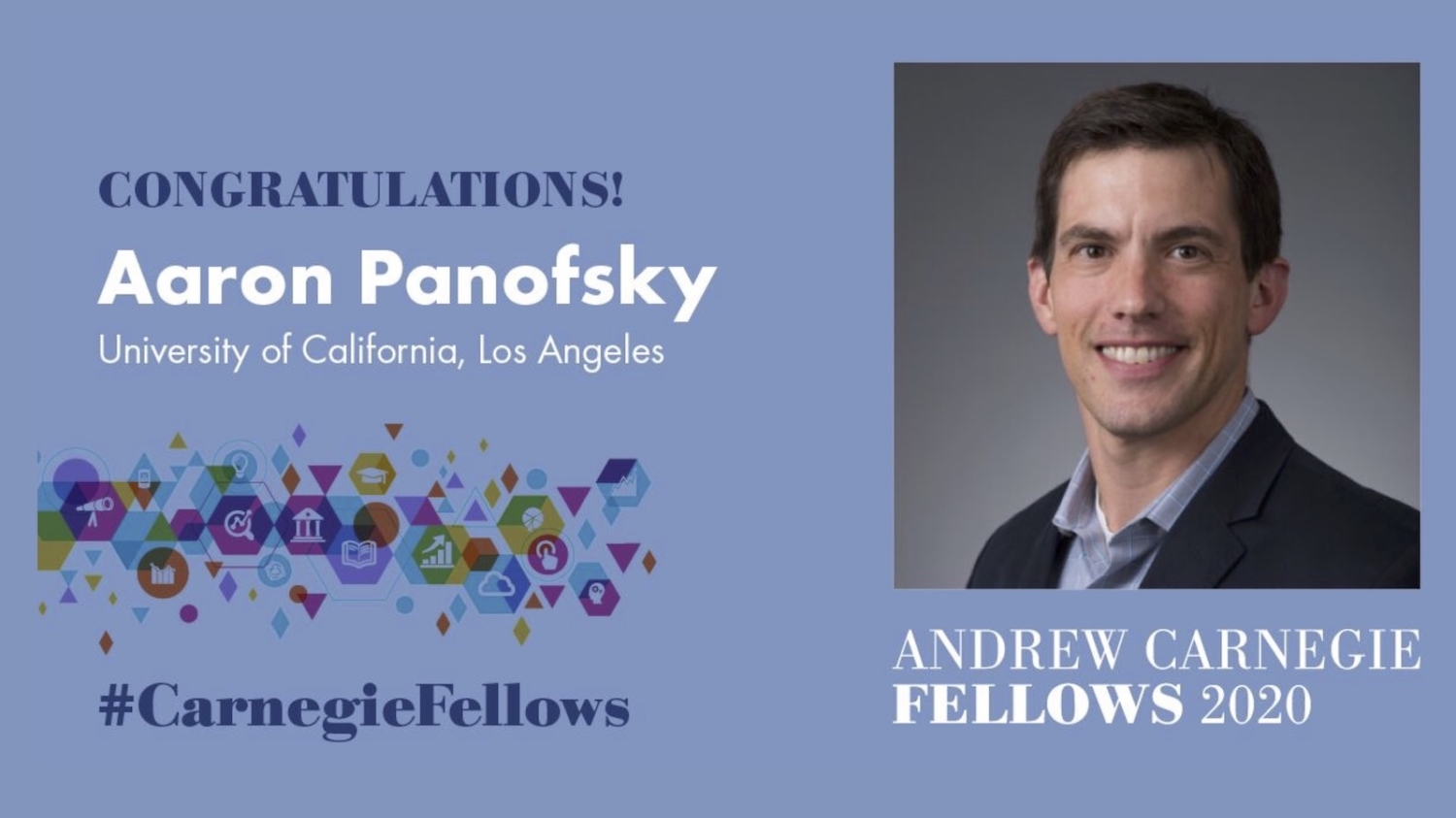A Milestone for the Undergrad Class of ’21
UCLA Luskin’s undergraduate Class of 2021 came together virtually at an event launching the signature element of the new public affairs major: a yearlong capstone project that will call on each student to bring tangible benefits to a community partner. This fall, through internships and a seminar series, students will delve into an organization, assess its needs, then craft a solution — perhaps in the form of a strategic plan, fund-raising campaign, research project or other endeavor. “It’s a great opportunity to do something that is genuinely useful for an organization,” Meredith Phillips, chair of undergraduate affairs, told the June 4 gathering. By design, the experience will be demanding, even stressful, mirroring real life. But Phillips assured the students that their public affairs coursework has prepared them for the challenge. Nicknamed the Trailblazers, the inaugural class of about 70 undergraduates has already shown tremendous resilience and adaptability, capstone coordinator Kevin Medina said. The spread of COVID-19 upended internship programs at some organizations, requiring a number of students to seek new matches. In addition, remote contacts may replace on-site internships, but Medina pointed out that this could open up new opportunities as intern hosts need not be within commuting distance of campus. A highlight of the event was the formal announcement of internship matches, delivered as a congratulatory card to each student’s email inbox. At the end of the evening, students expressed gratitude for the undergraduate staff’s “care, planning and ingenuity” and “creative programs and leadership” before continuing their celebration on a chat group launched by the undergrads to stay connected.

Telehealth Offers Chance to Lessen Health Inequities for Latinos
A surge in telehealth services amid the COVID-19 pandemic presents an opportunity to bridge inequities in access to health services, according to a report from the UCLA Latino Policy and Politics Initiative (LPPI) and the David Geffen School of Medicine at UCLA. A previous study from LPPI found that more than 7 million Latinos in California lack adequate access to health care. Telehealth could lessen that shortfall if implemented strategically, according to the new report. “Latinos, who are twice as likely to lack health insurance than other Californians, are increasingly online and have high adoptions of cellphone technology,” said Sonja Diaz, LPPI founding director. “Telehealth can serve as an important bridge to ensure that underserved communities, especially rural and linguistically diverse patients, access the medical attention they need.” Telehealth, which has surfaced as a medical screening tool during the pandemic, also has application in mental health and social services settings. “Telehealth will never replace the importance of face-to-face interactions between a patient and their doctor,” said report co-author Yohualli B. Anaya, a physician at UCLA Medical Center, Santa Monica. “But improving access to high-quality care is an important first step that can start to address systemic inequities in health care and save lives.” The report offers guidelines to help California advance telehealth in underserved communities, including accommodating monolingual Spanish-speakers and expanding access to broadband technology.
Parent Honored With UCLA Faculty Mentor Award
Bill Parent, senior lecturer of public policy, has received a 2020 Undergraduate Research Faculty Mentor Award, which recognizes UCLA faculty who consistently and enthusiastically support the scholarly and professional goals of the students they guide. Parent, one of 13 award winners selected from 126 nominees, was honored during this year’s Undergraduate Research Showcase, held May 18-22. During the showcase, three students mentored by Parent — Wadi Eghterafi, Matthew Moon and Parsia Vazirnia — presented two overlapping research projects that gauged public opinion about local strategies to combat homelessness. All three undergraduates had previously taken Parent’s class on urban homelessness policy. Under his direction, they went on to develop research projects that included conducting opinion surveys outside supermarkets in Pacific Palisades, Santa Monica, Westwood and Culver City and making longitudinal observations of the homeless population in Westwood Park. The student letter nominating Parent for the faculty award said he “has truly gone over and above to support my growth by means of constant meetings, feedback and all the work behind the scenes he does to help us grow to be the best researchers we can be.” This year’s virtual Undergraduate Research Showcase featured more than 900 students representing 90 majors presenting their individual and group projects remotely.
Stoll Joins Partnership to Foster Diversity in Research
Michael Stoll, professor of public policy and urban planning, is among a group of experts participating in a new American Institutes for Research (AIR) program aimed at building a pipeline of diverse candidates who can contribute to the field of behavioral and social science research and application. The Pipeline Partnership Program provides opportunities for select graduate-level students from Howard University, the University of Texas at San Antonio and Georgia State University. Stoll will contribute his expertise as an advisor and content expert to the program, which provides students with education and training; mentoring and career advancement; and networking and internships. “I’m excited to be a part of this effort because it aims to help diversify researchers in the social and behavioral sciences regarding racial and ethnic representation, but also in regards to cultural competencies in the field,” Stoll said. He plans to give seminars at the partnership universities on his current research as well as subjects that encourage and motivate a new generation of researchers to take leadership positions in their fields. “The goal will be to use these opportunities to develop mentorship relationships with promising graduate students at these partnership universities so as to further their skill enhancement, social networks, and career and professional development and success,” he said. As an AIR external institutional fellow for the past four years, Stoll serves as a thought partner on critical projects or enterprises, provides mentorship to select staff, and serves as a reviewer on high profile reports or projects. — Zoe Day
Umemoto’s ‘Mountain Movers’ Wins Bronze Book Award
“Mountain Movers: Student Activism & the Emergence of Asian American Studies,” a book co-edited by Urban Planning Professor Karen Umemoto, was awarded a bronze medal in the 2020 Independent Publisher Book Awards for “Best Regional Nonfiction” in the West-Pacific region. Umemoto was one of six editors on the team that put together “Mountain Movers,” which chronicles the legacy of student activism at UCLA, UC Berkeley and San Francisco State. Published last year to commemorate the 50th anniversary of the Asian American Studies programs that were established on all three campuses in 1969, the book profiles students who mobilized peers and community members to further the study of Asian American communities on their campuses. The “IPPY” Awards, launched in 1996 by Jenkins Group and IndependentPublisher.com, are designed to increase recognition of deserving but often unsung titles by independent authors and publishers. Established as the first awards program open exclusively to independent, university and self-published titles, over 5,500 “IPPYs” have been awarded in the last 24 years to authors and publishers around the world, recognizing excellence in a broad range of styles and subjects.
Panofsky Named to Class of 2020 Carnegie Fellows
Associate Professor of Public Policy Aaron Panofsky has been named a 2020 Carnegie Fellow, the Carnegie Corporation of New York has announced. Panofsky, who also holds appointments in sociology and society and genetics at UCLA, is among a class of 27 fellows nationwide — 14 from public institutions — to be honored. Panofsky was selected from among more than 300 nominations submitted to the philanthropic foundation established by Andrew Carnegie in 1911. The Carnegie Fellows program, now in its sixth year, provides a $200,000 stipend designed to allow recipients to devote up to two years to significant research and writing. The award will support Panofsky’s work on a forthcoming book titled, “Unjust Malaise: Race in the Fog of Genetics.” Panofsky’s main research interest is in the sociology of science and knowledge with a special focus on genetics. His first book, “Misbehaving Science: Controversy and the Development of Behavior Genetics,” published in 2014, analyzed the causes and consequences of controversy in the rapidly growing field. In his new book, Panofsky will demonstrate that, as the public and scholars have appealed to the science of genetics to define race and explain racial inequalities in health, behavior and social success, the results have been confusing and ambiguous. “Ambiguity is baked into the science itself, not just its public interpretations,” Panofsky said. His research explores genetic domains such as racial definition, behavioral research, ancestry and identity, and population health.
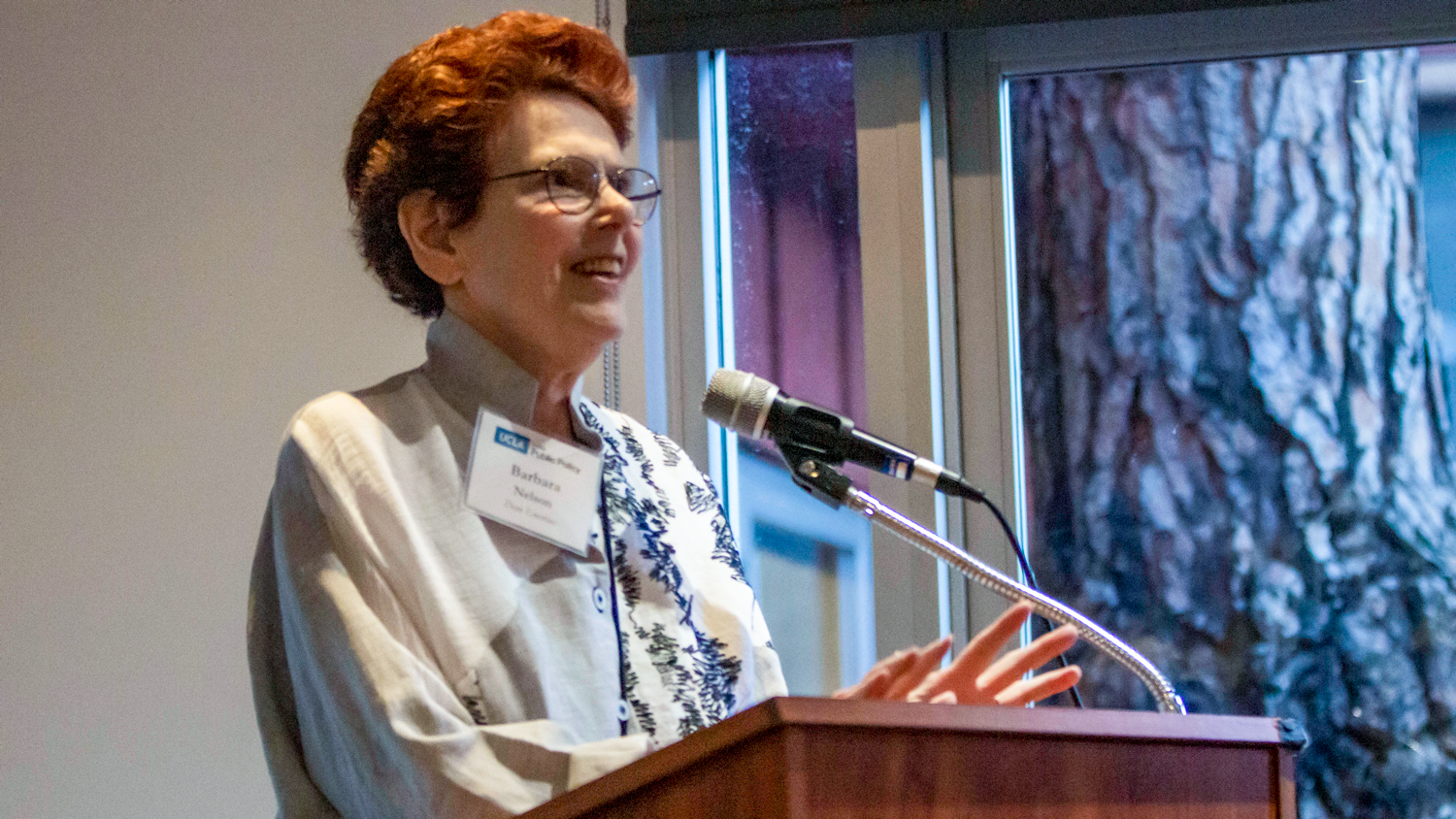
Nelson Is Recognized During Women’s Conference in Bangladesh
Barbara Nelson, former dean of the School of Public Affairs at UCLA and professor emerita of public policy, social welfare, urban planning and political science, received recognition at the 2020 International Women’s Day Conference held at Dhaka University in Bangladesh in March for her award-winning 1994 study, “Women and Politics Worldwide.” Nelson co-edited the book with Najma Chowdhury, a professor in Women and Gender Studies at Dhaka whose lifetime achievements were also honored at the conference. They studied 43 countries and territories focusing on women’s political engagement in state organizations and civil society. In 1995, the book won the American Political Science Association’s Victoria Schuck Award for the best book on women and politics. Nelson’s 12-year tenure as dean ended in 2008. She was invited to speak in Bangladesh about the book and her collaboration with Chowdhury but was unable to attend because of travel restrictions resulting from the COVID-19 pandemic. Her address was delivered on her behalf at the conference.
